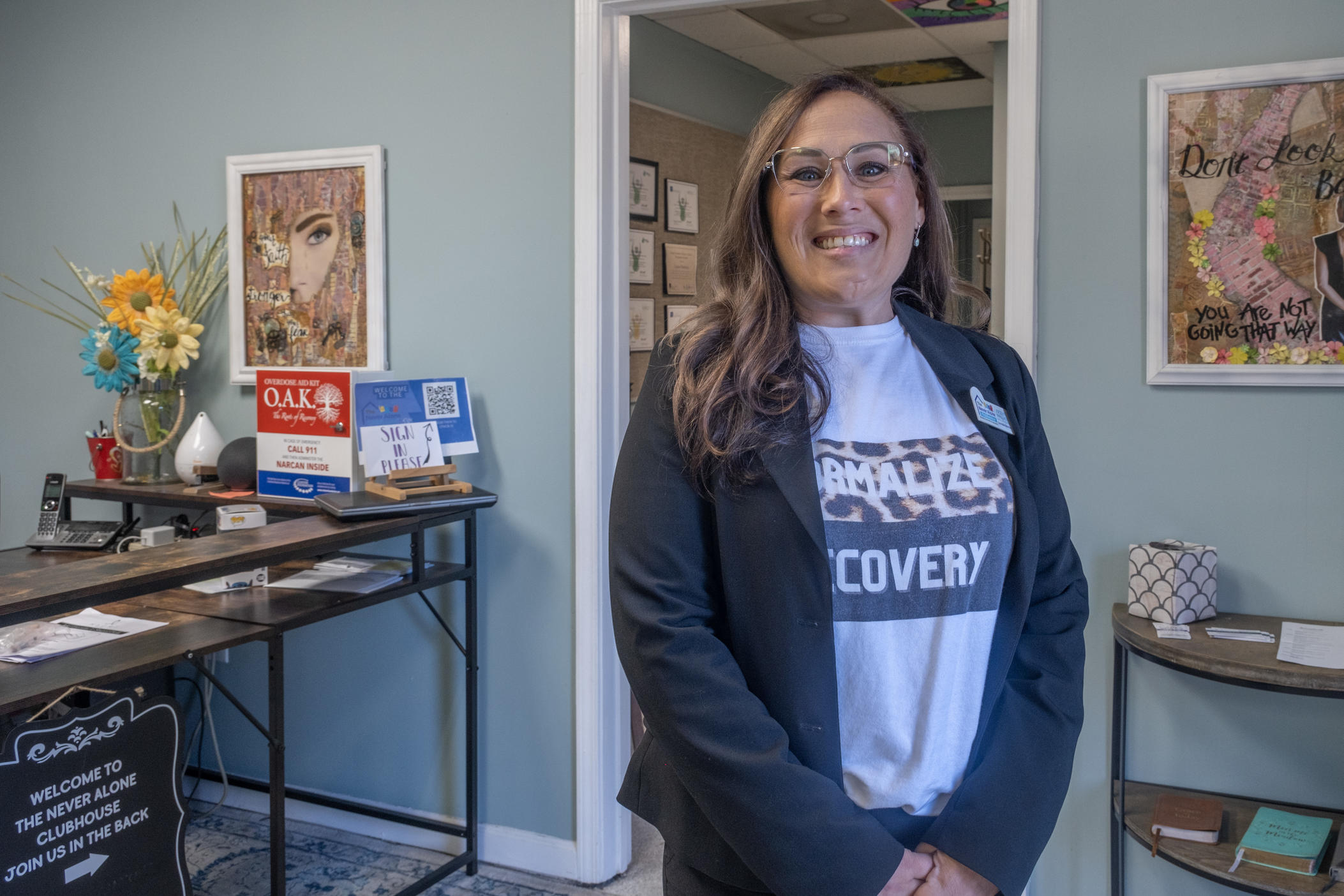More options, less stigma: How Georgians in recovery are breaking barriers to addiction care

Georgia Public Broadcasting (GPB) by Sofi Gratas, December 19, 2023: For Jocelyn Wallace, a former paramedic from Douglas County, her opioid addiction started like many others — with a prescription to treat her pain after a car accident. She was 16 years old at the time.
Her addiction would endure far longer.
“For over 26 years, I was stuck in opioid use disorder,” Wallace said. “I got married and had kids and my disease just continued to grow.”
It has been six years since Wallace last used substances, but she still vividly remembers what it felt like to be waiting for placement in a treatment or detox center to get help.
“I’d be looking at my watch going, I mean, ’15 minutes from now, I’m going to be violently ill; somebody’s got to help me,’” Wallace said. “And then I would give up. And I would leave. Very rarely did I even call them the next day.”
Sometimes, wait times were too long, or her insurance wouldn’t cover it. More often, it was the personal shame she felt of her addiction that kept her away.
She’s not alone. In 2021, 46 million people in the U.S. were diagnosed with a substance use disorder, or SUD. Last year, 2,600 people in Georgia died from drug overdoses, almost double from 2019, before the COVID-19 pandemic.
Opioid-related overdose deaths in particular have spiked in the past five years in the state, especially with the widespread introduction of fentanyl into the drug supply.
For people living with addiction, it’s been proven that access to evidence-based treatment and support can help keep them alive and stable. But care can be hard to come by and is only possible by combating the stigma around addiction, which is pervasive among providers, the public, and people with addiction themselves.
Read more from Georgia Public Broadcasting (GPB) here.




